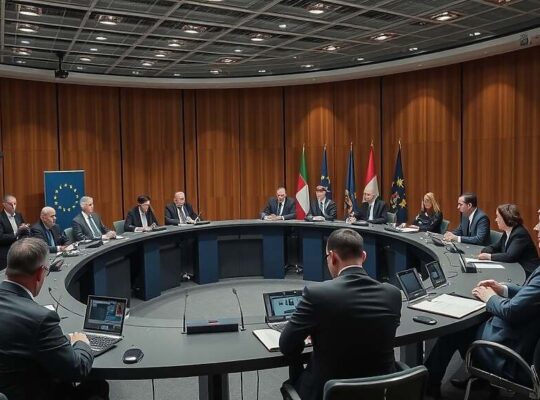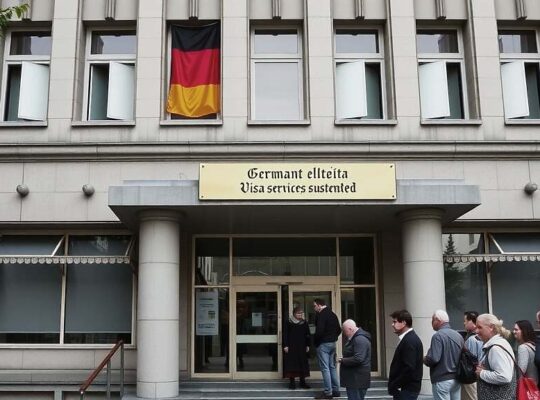Negotiations between German parliamentary factions of the CDU/CSU and SPD have collapsed, derailing a planned reform of the nation’s military conscription procedures. The breakdown, reported widely by German media outlets, highlights a deepening rift within the ruling coalition government and raises serious questions about the federal government’s ability to implement crucial defense modernization policies.
The tentative agreement, brokered by a quartet of parliamentary representatives including Norbert Röttgen (CDU/CSU), Siemtje Möller (SPD), Falko Droßmann (SPD) and Thomas Erndl (CSU) and reportedly supported by faction leaders Jens Spahn (CDU) and Matthias Miersch (SPD), envisioned a lottery system to select young men for mandatory registration if sufficient volunteers do not come forward. Those deemed suitable would then be obligated to serve a six-month period of military service.
However, the proposal has met with significant resistance within the SPD, culminating in its abrupt cancellation. Defense Minister Boris Pistorius, an SPD member, openly distanced himself from the plan, stating it was essentially a CDU/CSU initiative. While publicly espousing the principle of voluntary service, Pistorius reportedly advocated for a drastically more expansive approach, suggesting the mandatory registration of a substantial pool – up to 300,000 young men annually – ostensibly to pre-empt legal challenges and to generate comprehensive data on fitness levels in the event of heightened security threats or a potential reinstatement of universal conscription. This ambition sharply contrasts the initial proposal’s intent of supplementing volunteer numbers only when necessary.
The failed negotiation has provoked strong criticism, particularly from within the CDU/CSU. Norbert Röttgen accused Pistorius of actively sabotaging the legislative process, branding his actions “destructive” and questioning his commitment to defense reform. Röttgen, speaking to the Redaktionsnetzwerk Deutschland, argued that the SPD now needs to resolve its internal divisions. He further characterized Pistorius’ actions, as reported by the Süddeutsche Zeitung, as unprecedented in his three decades of parliamentary service, noting the damaging impact on both legislative process and factional harmony.
The incident underscores a fundamental disagreement within the coalition regarding the appropriate balance between voluntary and mandatory military service and raises concerns about the future direction of German defense policy as geopolitical tensions continue to escalate. The SPD’s internal disarray exposes a deeper ideological struggle, while the CDU/CSU’s frustration suggests a growing impatience with perceived obstruction within the government. The abrupt collapse signals a potentially protracted period of political instability and challenges for implementing Germany’s often-stated commitment to strengthening its military capabilities.












